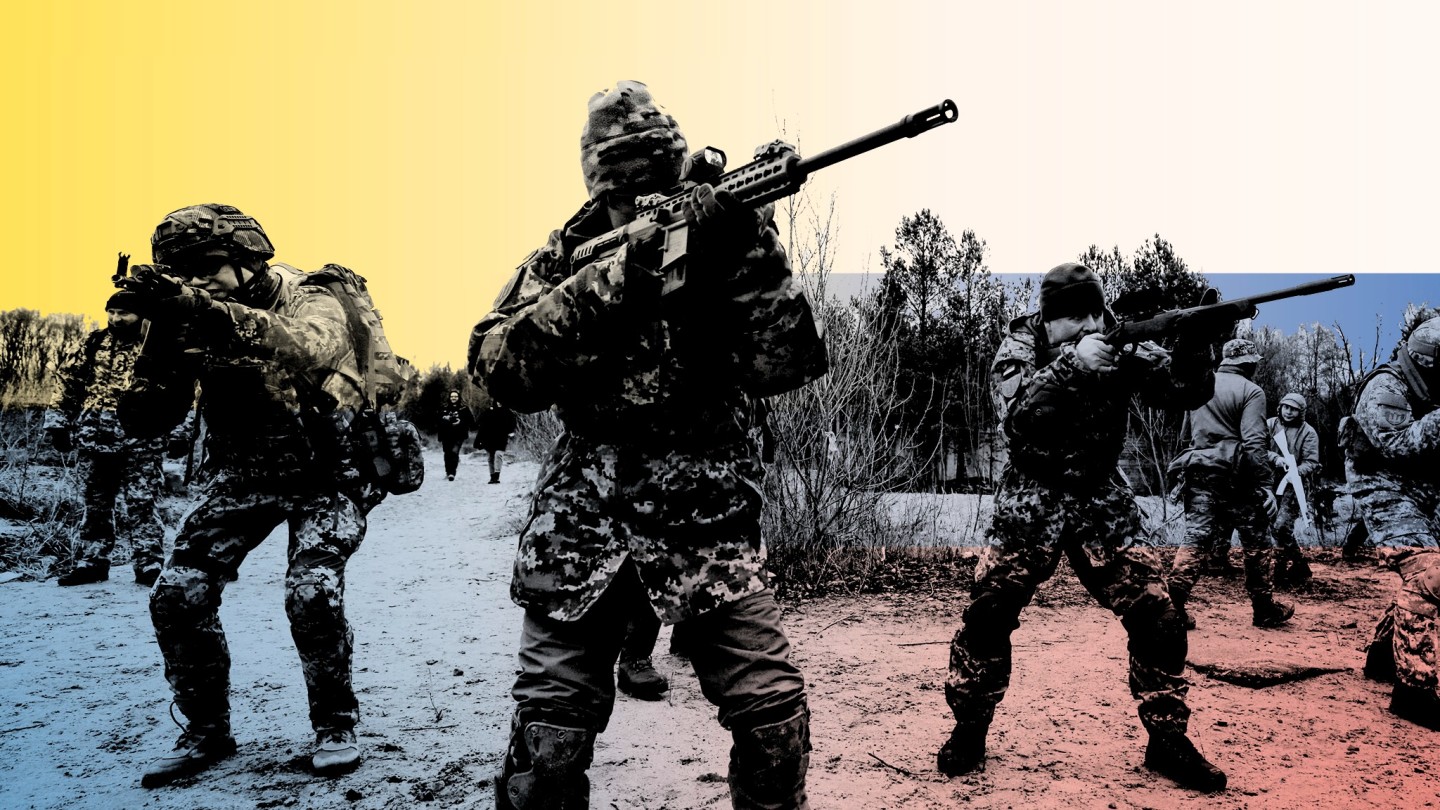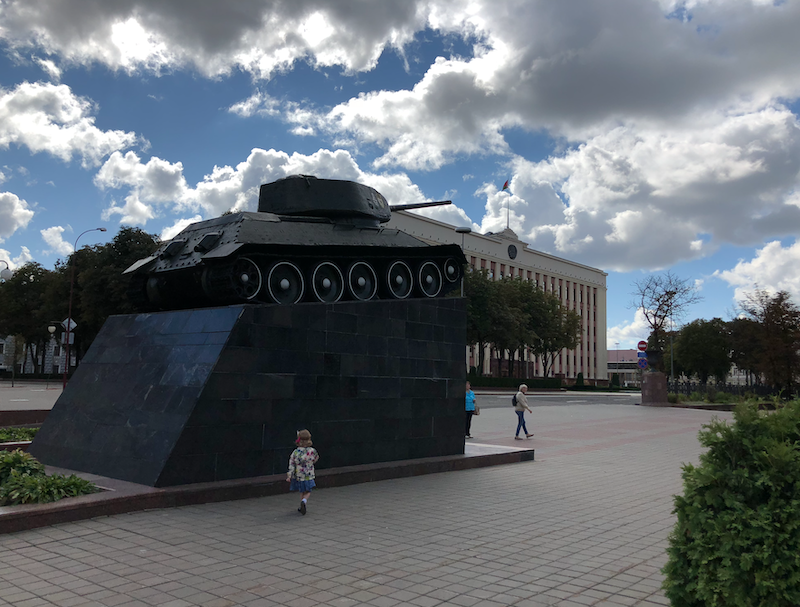Like no doubt most of you, I’m absolutely devastated by the current events in the Ukraine. This feeling is only complicated by the fact that for the majority of my life, I’ve been an out and out Russophile.
I lived in Moscow in the early 2000s. I’ve been to 7 of the 15 former Soviet Union countries (including an autonomous separatist region on the border of Ukraine). I spent years studying Russian, persistently trying to translate Pushkin (though to be honest, with little success).
It is the only place I’ve ever been where people actually think I’m local. Having a name like Anya didn’t hurt either.
It is the culture I admire. My heart swells when I listen to Prokofiev and Tchaikovsky. I adore Chagall and Kandinsky. Dostoevsky and Tolstoy forever compete in the indecisive competition for favorite author. (The latter is currently winning).
Trying to understand Russia and Russians is a lifetime endeavor. It is so both familiar and exotic, both East and West, both ‘civilized’ and ‘barbaric’.
It makes one wonder if this is the moment to go in the reverse of War and Peace… to ‘De-Russify’ (Orlando Figes’ excellent Natasha’s Dance beautifully explained this process in Tolstoy’s masterpiece).
And yet, it seems clear enough to everyone involved… to the world looking in, to the Ukrainians both on the ground and fleeing… to the Russians at home, and even in battle… you can hate the invasion and not the Russians.
The reason for this is two fold.
All things considered, Russia and Ukraine have a lot in common, as well as a great deal of shared history. In the words of Marina Zaloznaya, a good Ukrainian friend (who happens to be a Sociology professor specializing in corruption and political stability in Ukraine, Russia, and other post-Soviet republics):
“Culturally, religiously, and linguistically the differences are minimal,” she said. “Most people have a relative or two in the other country, so this is a tragedy that is comparable to a civil war. People are being asked to stand up and fight against their families a lot of the time.”
Footage of civilians walking up to tanks and blocking the way (and not being run over) illustrate this perfectly. Not to mention the thousands and thousands of Russians protesting -at their own peril- the war.
It’s important to remember that during the USSR, people were moved all around the entire region. Just as the British Empire relocated Indians to the Caribbean and in Southern Africa (among many other peoples), so did the Soviets. This means the current state of ethnic groups is not very cut and dry, to say the least.
The second reason is Putin.
Fellow Tolstoy fans may recall the second epilogue in War and Peace describing the role of prominent leaders in the movement of history as either row boats tailing behind… or tug boats leading the way.
Sadly, it certainly feels like Putin is the latter.
But watching a once calculated man become frantic and desperate isn’t new. We all know power corrupts… and absolute power corrupts absolutely. In fact, it is at exactly moments like this that history, ancient included, can help us understand the situation.

So this week, I’d like to ask you, dear reader, which moments in history do you think can help us make sense of this invasion?
What parallel characters should we bring up in order to comprehend Putin and his plans better? What ancient history can illuminate… if at all… the current predicament the world is in… and perhaps, help us prepare for whatever comes next?
As always, you can write to me directly at [email protected] or comment below.













No comments yet. You should be kind and add one!
Our apologies, you must be logged in to post a comment.